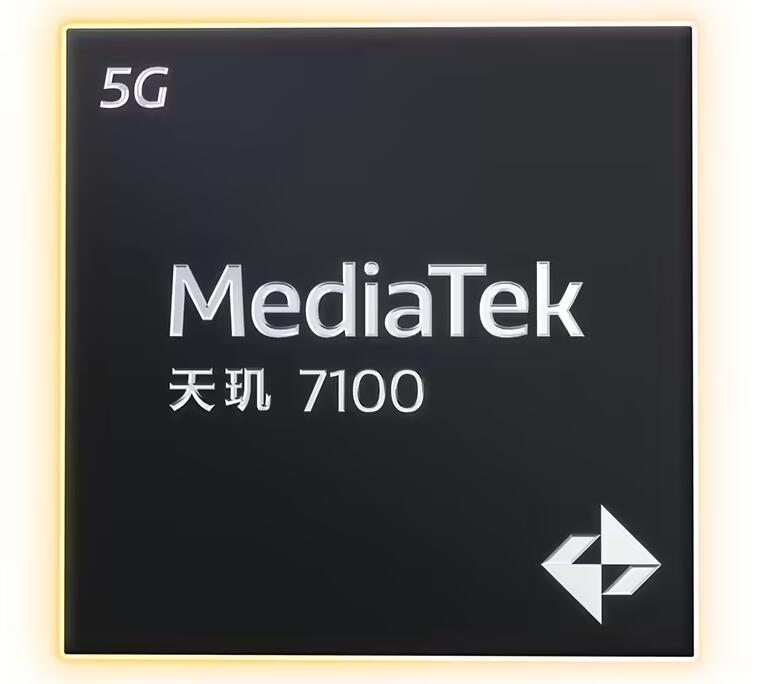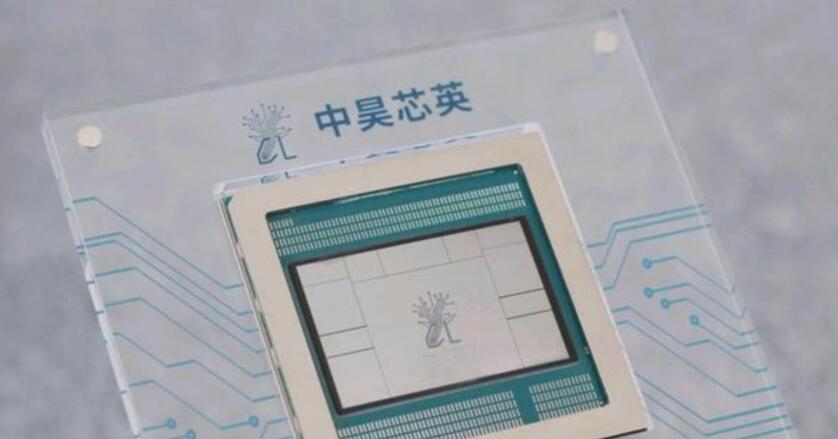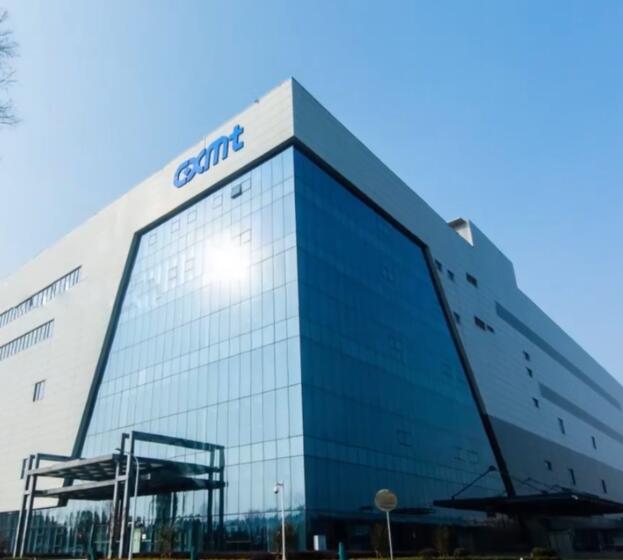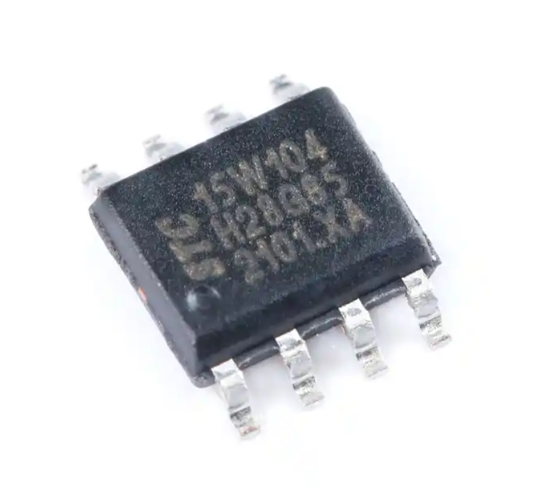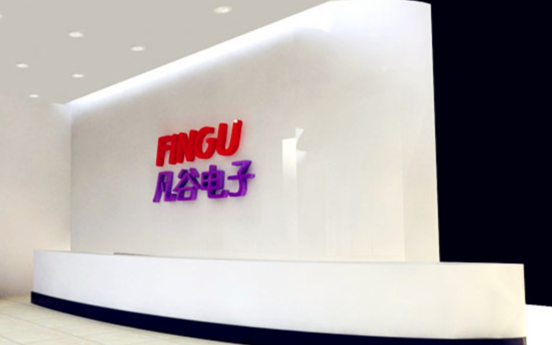Major chipmakers are responding to China's escalating rare earth export controls by relying on existing inventories, though concerns about long-term supply are growing. TSMC Senior Vice President Hou Zhiqiang stated the company's suppliers have sufficient rare earth stockpiles to support 1-2 years of normal operations, mitigating short-term disruption risks.

While TSMC's own wafer fabs have low direct consumption, its critical equipment suppliers like ASML depend heavily on these materials. An ASML CFO confirmed the company is prepared with supply chain reserves for the coming months but did not detail plans beyond that. Key components like magnets and batteries in ASML's lithography tools require rare earth elements.
For the long term, TSMC is exploring alternative sources, such as Australia, but acknowledges the immature supply chains there would require significant time to develop. This highlights a stark reality: China dominates the global market, controlling approximately 90% of refined rare earths and 94% of rare earth permanent magnet production.
The new controls, announced by China's commerce ministry, are extensive. They cover the entire lifecycle from mining to recycling and require case-by-case approval for exports of items related to advanced logic chips (14nm and below) and high-layer 3D NAND (256 layers and above).
ICgoodFind : While short-term stockpiles provide a buffer, the chip industry's deep reliance on this concentrated supply chain makes long-term stability dependent on successful diversification.

